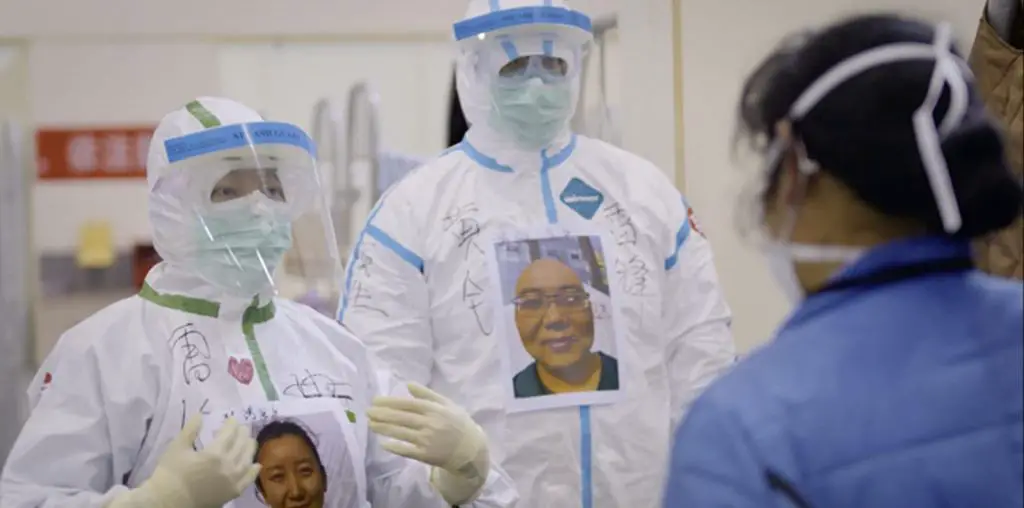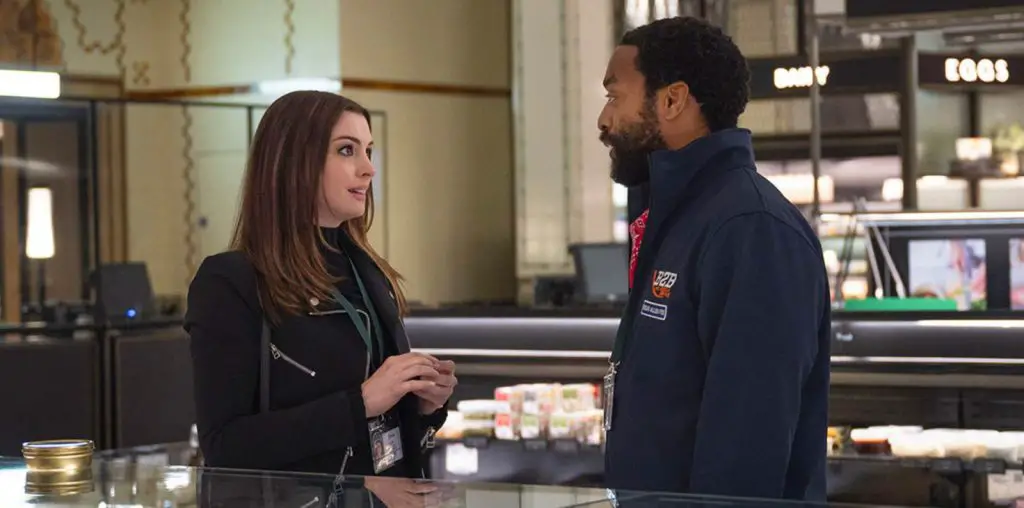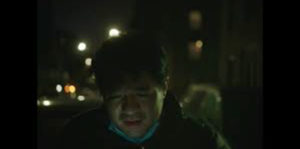
It’s the start of the COVID-19 pandemic, and the virus hadn’t yet had the impact on the world it has today. However, a Chinese ride-share driver, Zhang (Wayne Chang), in New York City, feels the weight of the world crashing down on top of him. Wuhan Driver depicts Zhang making numerous stops around NYC and interacting with multiple clients. His thoughts and misfortunes rise to the surface, and his life will become tragically difficult.
Writer-director Tiger Ji touches on the racial tensions that arose as a result of the pandemic. As a number of clients interact with Zhang, it becomes clear that they react and speak to him in a certain manner as a result of his race. Due to the coronavirus, unfortunately, antagonism and hate crimes toward Asian Americans significantly rose. But beyond the racial aspect, Ji aims to explore the human psyche. This becomes abundantly clear as the credits begin to roll and viewers feel antagonized by every decision made by each character, and that’s a good thing.
Emotion gets the best of viewers as they feel intensely sad as Zhang’s story plays out, as they hear what he has to deal with, and as his mother calls him from China, terrified of what might happen to her son. While that is pivotal to the reception of Wuhan Driver as a whole, it plays an equally important role in viewers understanding the tragedy of man. Said tragedy revolves around how we perceive and treat others, which is ultimately the film’s heart and soul, and ensures Ji’s project will appeal to the masses. Plus, the film is always some combination of dark and wet, representing the tragedy not only of the characters but of the story as a whole. It allows viewers to observe the struggle present in everyone effectively.
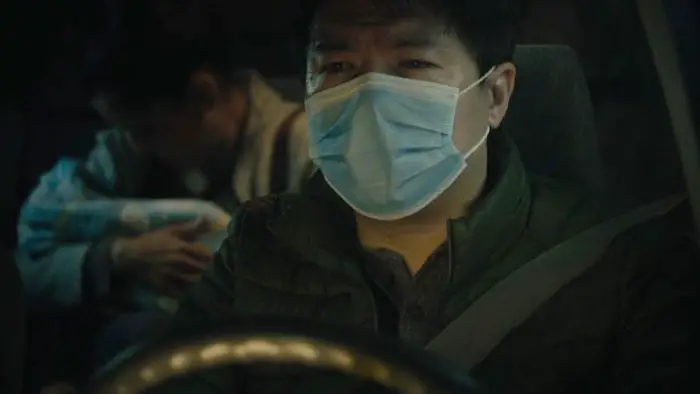
“…Chinese ride-share driver, Zhang, in New York City, feels the weight of the world crashing down…”
As the drama progresses, audiences see a number of characters come and go, each playing a pivotal role in the understanding and reception of the themes. I found myself begging for better acting, however. With the exception of Chang, the cast does a subpar job of accurately conveying emotion. Their words, as powerful as they may be, begin to drown in the actors’ inefficiencies. I didn’t get the full strength of the dialogue and never felt the power behind the harmful things being said – and the film loses something as a result.
Some of the performances feel very mechanical, and some actors simply appear uninterested in what they are saying. Chang, on the other hand, is full of life. He exudes passion and can carry the film forward on his own. But I just can’t look past the shortcomings of the others as they drag the lead actor down with them.
Wuhan Driver is a roller coaster as I’m conflicted about how I feel about it. The story is relevant and makes sense, though it’s maybe a tad overplayed at this point. Chang’s acting is wonderful, but the others surrounding him are void of the passion he possesses. Again, it’s difficult to determine how to rate this short drama as a whole because there are so many conflicting aspects. I certainly don’t dislike it, but a different cast may help to better express Ji’s vision in the future because the bulk of this group holds him back.
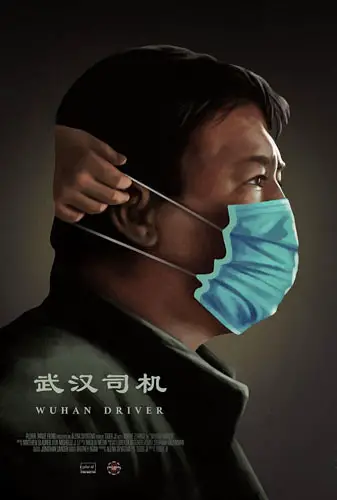
"…Chang's acting is wonderful..."
